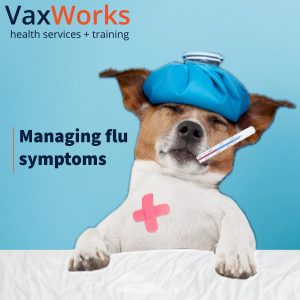Mary Fowler’s recent concussion at the Women’s World Cup reminds us of how dangerous and disruptive a head injury can be. In this blog, we will delve into the signs, symptoms, and appropriate first aid measures to be taken when dealing with a concussion.
Concussions are common head injuries that can occur during sports, accidents, or falls. While most concussions are not life-threatening, they should never be taken lightly. Swift and appropriate first aid treatment is crucial in minimising potential complications and promoting a smooth recovery process for the affected individual.
In any incident where concussion is suspected, stop all activity around the casualty and follow the three Rs:
- Recognise
- Remove (or Stop if the casualty is unconscious or may have a spinal injury)
- Refer (or call 000 in an emergency)
Recognise the Signs
Identifying a concussion early is the first step in administering appropriate first aid. Look for common symptoms such as:
- headache,
- dizziness,
- confusion,
- nausea,
- tiredness,
- looking dazed,
- loss of consciousness (even briefly),
- memory problems,
- difficulty concentrating, and
- visual disturbances.
Remove and Rest
The casualty should immediately stop any activities they were doing and rest and avoid any strenuous physical or mental activities. A responsible person should observe them at all times for any worsening symptoms.
If the casualty is still unconscious assume they have a spinal injury – keep the casualty still and keep their neck and spine aligned.
To reduce swelling and provide comfort, applying ice packs to the injured area for 15-20 minutes at a time can be helpful during the initial hours following the injury.
Over-the-counter pain relievers and anti-inflammatory drugs might seem tempting to alleviate headaches, but their use should be avoided without consulting a medical professional, as they can mask symptoms and hinder proper evaluation.
Refer for Further Care
If you suspect a concussion, it is vital to seek professional medical care immediately. Only healthcare professionals can accurately diagnose and determine the severity of the injury through physical examination and, if necessary, scans and other tests.
Make notes of the casualty’s symptoms (perhaps even video-record them) and pass this information on.
If the casualty is still unconscious or their condition is deteriorating quickly call 000.
Conclusion
Concussions should never be under-estimated. Timely and appropriate first aid treatment plays a crucial role in the management of concussions. Prioritize seeking medical help, rest, and observation while refraining from self-medication. By taking these measures seriously, we can ensure a safer and speedier recovery for individuals experiencing this common form of brain injury.
BOOK NOW to complete our nationally recognised HLTAID011 Provide First Aid to learn about how to manage concussion as well as a wide range of other medical emergencies.
https://www.vaxworks.com.au/hltaid011-provide-first-aid/
Published 11 August 2023




